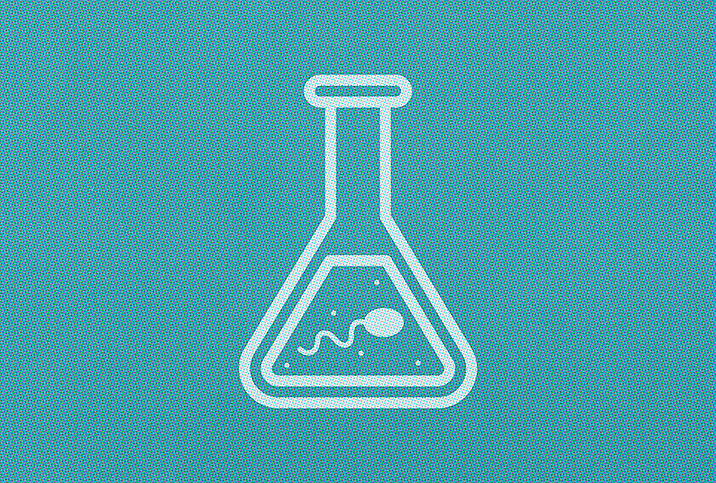You Can Act to Avoid 4 Contributors to Male Infertility

About one-third of infertility cases in couples are the result of male reproductive issues related to testicular function, sperm count and hormone balance, according to the National Institutes of Health.
While fertility may sometimes be affected by circumstances beyond your control, some issues are often corrected through lifestyle changes. If you're actively trying to conceive or considering doing so in the near future, here are some steps you can take to improve your chances of fertility.
Quit smoking and heavy drinking
Unhealthy lifestyle choices such as using cigarettes or other tobacco products, doing drugs and heavy drinking can contribute to infertility.
Studies have found that due to the harmful toxins in cigarettes, individuals who smoke have lower semen volumes, sperm counts and percentage of motile sperm than men who are nonsmokers. If you and your partner are looking to conceive, try to stop smoking right away. If you need some help quitting, talk to your doctor about which type of smoking cessation treatment might be right for you. You can also get over-the-counter assistance in the form of nicotine replacement patches, nasal sprays and gum.
Heavy drinking on a regular basis can contribute to testosterone imbalances that affect fertility, according to experts. A 2017 study published in Fertility Research and Practice reported that alcohol-dependent men not only had lower levels of testosterone but also had decreased sperm production and more risk of sexual dysfunction than men who did not drink heavily.
Taking a break from drinking or drinking less may help you avoid infertility issues caused by alcohol.
Avoid illicit drugs and certain medications
Some drugs, whether legal or not, are known to negatively affect male fertility.
Testosterone replacement therapy, as well as anabolic steroids, which are commonly used to build muscle mass, can strongly reduce sperm production and cause fertility issues. Sperm production can usually return to normal levels once an individual stops taking these drugs, though it may take a few months or even a year to do so, according to the Cleveland Clinic.
Medications such as antidepressants, antibiotics, calcium channel blockers and opioids can also cause hormonal imbalances and affect sexual function and sperm production. If you're concerned that any of your medications may be affecting your fertility, talk to your doctor about adjusting your dose or switching to alternative treatments.
Get treated for varicoceles
Varicoceles are swollen veins in the scrotum, similar to varicose veins that sometimes develop in the legs. Treatment is not always necessary for varicoceles and some men do not experience any fertility issues as a result of having them. However, varicoceles can lead to reduced sperm quality and production.
If you and your partner are struggling to conceive and suspect varicoceles may be to blame, talk to your doctor about treatment options. The enlarged veins can often be effectively repaired with surgery.
Exercise regularly
Men who are overweight are more likely to experience infertility than men who are not, according to medical experts.
The Harvard School of Public Health combined the data from 14 different studies that assessed the sperm count in men who were average weight, overweight or obese. Researchers found that the men who were overweight were 11 percent more likely to have a low sperm count and 39 percent more likely to produce no sperm at all than men of normal weight; those figures were 42 percent and 81 percent, respectively, for obese men. However, they acknowledged that more research was necessary to determine whether weight or other underlying health problems caused the low sperm counts.
Incorporating at least 30 minutes of moderate- to high-intensity workouts into each day can help you shed any extra pounds and maintain a healthy weight, which in turn may help you resolve weight-related fertility issues.
In many cases, a man's overall health can impact fertility. As you and your partner consider starting a family, remember that taking care of your overall well-being can only aid in the effort.

















